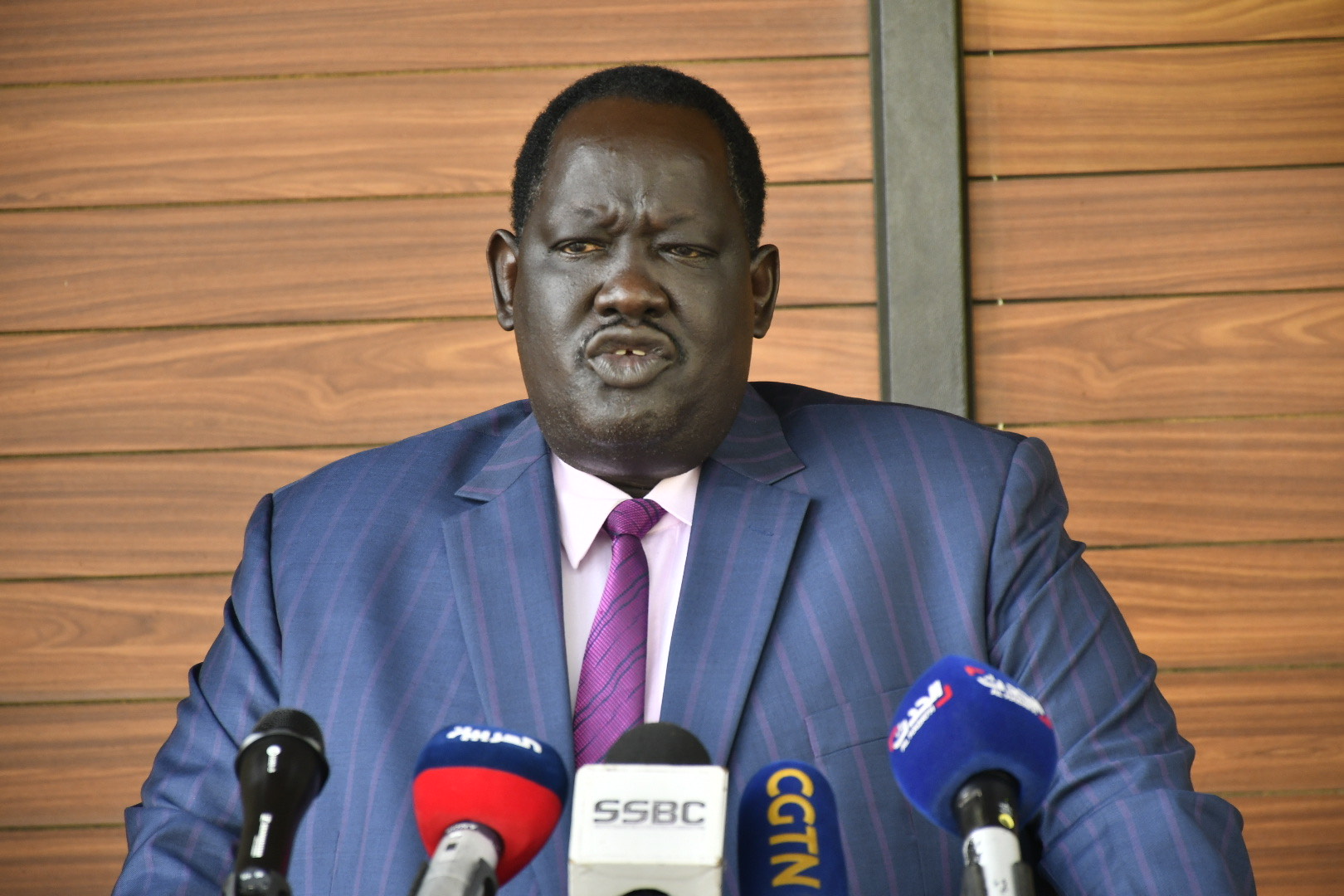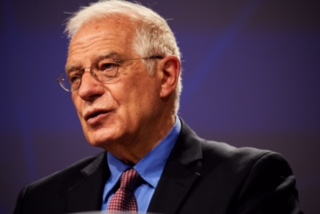
Human Rights Webinar for Peaceful Coexistence and Development in Cameroon

By HWPL
An international peace organization HWPL held a human rights webinar on April 15th with 19 leaders of civic organizations in Cameroon, with the aim of seeking ways to resolve conflicts and build sustainable peace in the country under the theme of “Institutionalization for Peaceful Coexistence”. The participants discussed the current conflict situation in Cameroon and shared potential solutions and future directions.
English-speaking regions of Cameroon have been experiencing a conflict for nearly seven years. It is a political and security crisis between armed separatist groups seeking the independence of the self-proclaimed state of Ambazonia, composed of the northwest and southwest regions, and the Cameroonian security forces. The protests since 2016 against English discrimination policies were violently suppressed, leading to the beginning of the English-speaking separatist movement. Since then, there have been violent incidents resulting in the deaths of around 6,000 people and major humanitarian crises, with nearly 600,000 people becoming internally displaced persons in English-speaking and nearby areas.
During the event, the student council president of the Law and Political Science Department at Buéa University, Kang Blaze Moua, stated, “In the year 1884, Cameroon was annexed by Germany. In 1916, as Germany was defeated in Cameroon by the Allied forces with Britain and France, the territory was then to be divided by France taking 4/5(East Cameroon/French Cameroon) and Britain taking 1/5(West Cameroon/British Cameroons) of the territory. All these Colonial arrangements were constantly done without the concern and approval of Cameroonians. Today in Cameroon, the English-speaking regions complain of their marginalization from the dominant Francophone led government.”
“There have been various arguments between different factions in tensions that began in 2016 in the English-speaking regions of Cameroon, such as the government, secessionist groups, federalist groups, unionist et al on what was the main reason for conflict and the way forward in achieving sustainable peace,” he added. And he emphasized need to redress government strategy like the call for another major national dialogue and assistance from some peace organizations around the world.
At the event, civic leaders in Cameroon shared ways to achieve peaceful coexistence and end the current conflict, which hinders national development and causes serious human rights violations. HWPL stressed the need for law and institutions; a peace education system, a platform for understanding and coexistence, and the DPCW, which emphasizes peace-building, to establish peace.

President of Heritage Higher Institute of Peace and Development Studies, Wilibroad Dze Ngwa shared “It would be important to tackle the conflicts and peace education in Cameroon in holistic manner. Peace education is being taught in some schools in Cameroon. I actually insist that it will be good to establish clubs in different school in order to carry on peace and effective citizenship education. If we multiply this webinar, our context and our strategies, peace would reign in all the corners of Cameroon and the world. Because each of us are supposed to be active factors of peace education.”
HWPL said it will continue to discuss specific action plans with local experts to make the opinions shared in this webinar achievable in Cameroon plan to Peace Walk event with citizens of Cameroon in May.




































